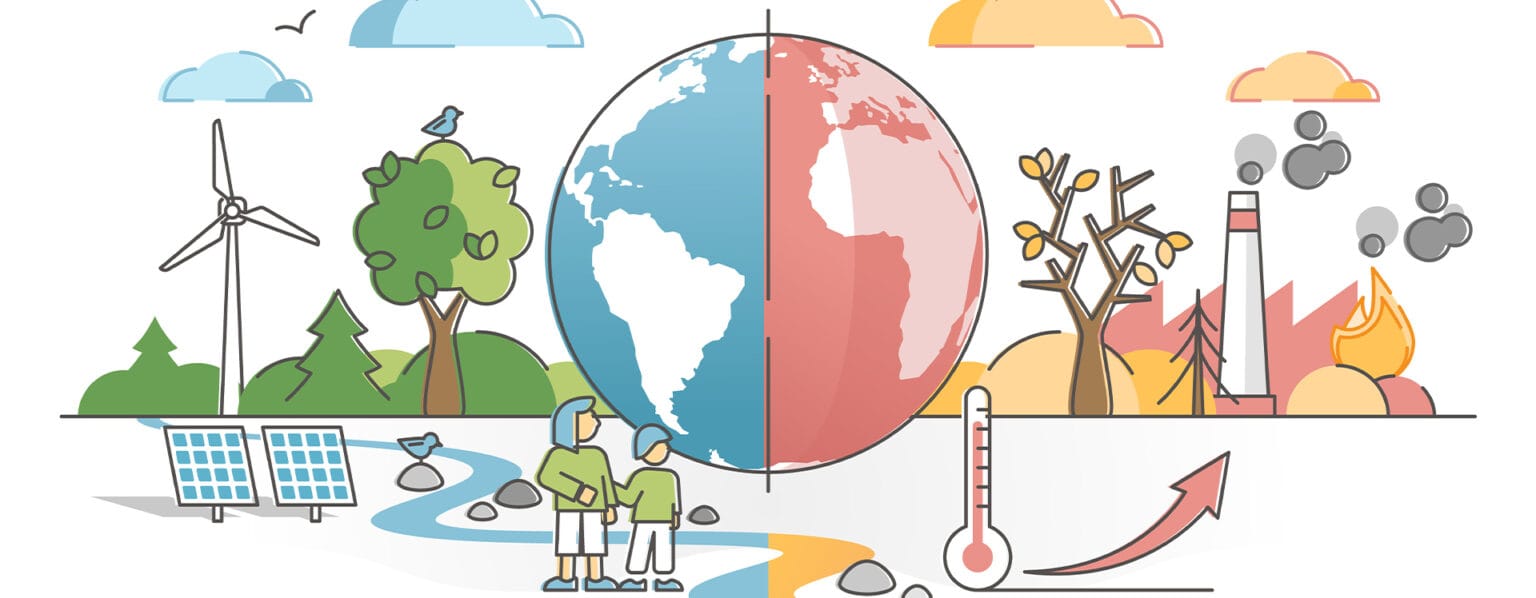The recent Global Climate Change Report, released by the Intergovernmental Panel on Climate Change (IPCC), has sent shockwaves through the scientific community and beyond, emphasizing the urgent need for immediate action to mitigate the effects of climate change. The report outlines a stark reality: without significant global efforts to reduce greenhouse gas emissions, the world is on track to exceed the critical threshold of 1.5 degrees Celsius above pre-industrial levels by as early as 2030.
According to the report, the last decade has seen unprecedented levels of carbon dioxide in the atmosphere, reaching over 400 parts per million. This increase has been driven primarily by fossil fuel consumption, deforestation, and industrial processes. The consequences of this rise are becoming increasingly evident, with extreme weather events, rising sea levels, and biodiversity loss occurring at alarming rates.
The report highlights several key findings:
1. **Temperature Rise**: Global temperatures have already increased by approximately 1.2 degrees Celsius since the late 19th century. The report warns that without immediate and drastic reductions in emissions, we could see a rise of 2 degrees Celsius or more by the end of the century.
2. **Impact on Ecosystems**: The report emphasizes that ecosystems are under severe threat, with many species facing extinction due to habitat loss and changing climate conditions. Coral reefs, which support a quarter of all marine life, are particularly vulnerable, with projections indicating that 70-90% could be lost if global warming exceeds 1.5 degrees Celsius.
3. **Human Health Risks**: Climate change poses significant health risks, including increased heat-related illnesses, respiratory issues from air pollution, and the spread of vector-borne diseases. Vulnerable populations, particularly in developing countries, are at the greatest risk.
4. **Economic Consequences**: The financial implications of inaction are staggering. The report estimates that the cost of climate-related disasters could reach $23 trillion annually by 2050 if current trends continue. Conversely, investing in renewable energy and sustainable practices could yield substantial economic benefits, creating millions of jobs and fostering innovation.
In light of these findings, the report calls for immediate action from governments, businesses, and individuals. Key recommendations include:
– **Transitioning to Renewable Energy**: A shift from fossil fuels to renewable energy sources such as solar, wind, and hydroelectric power is crucial. This transition not only reduces emissions but also promotes energy independence and security.
– **Enhancing Energy Efficiency**: Implementing energy-efficient technologies in buildings, transportation, and industry can significantly cut emissions while saving money.
– **Protecting and Restoring Ecosystems**: Initiatives aimed at reforestation and conservation of natural habitats can help sequester carbon and preserve biodiversity.
– **Promoting Sustainable Agriculture**: Adopting sustainable farming practices can reduce emissions from agriculture while ensuring food security.
– **Engaging Communities**: Grassroots movements and community engagement are vital for driving change at local levels, encouraging sustainable practices, and advocating for policy changes.
As world leaders prepare for the upcoming United Nations Climate Change Conference (COP28), the urgency of the report’s message cannot be overstated. The time for action is now, and the choices made today will determine the future of our planet for generations to come.
Sources:
– Intergovernmental Panel on Climate Change (IPCC) 2023 Report
– National Aeronautics and Space Administration (NASA)
– World Meteorological Organization (WMO)
– United Nations Environment Programme (UNEP)



